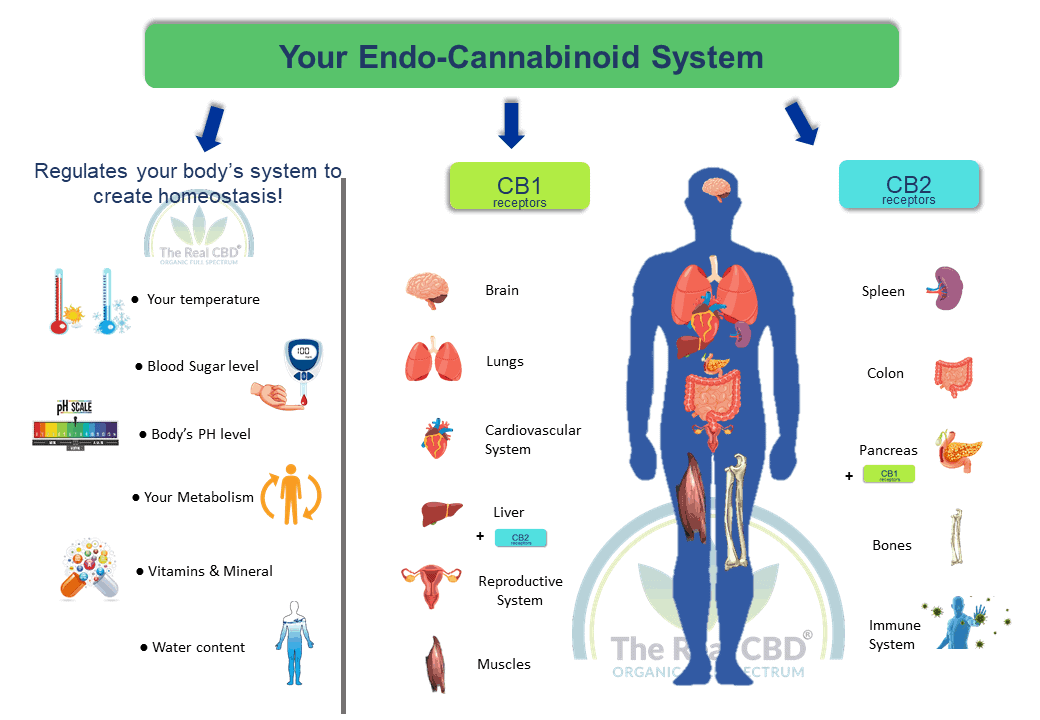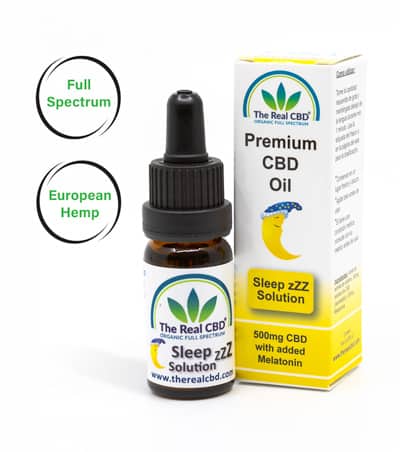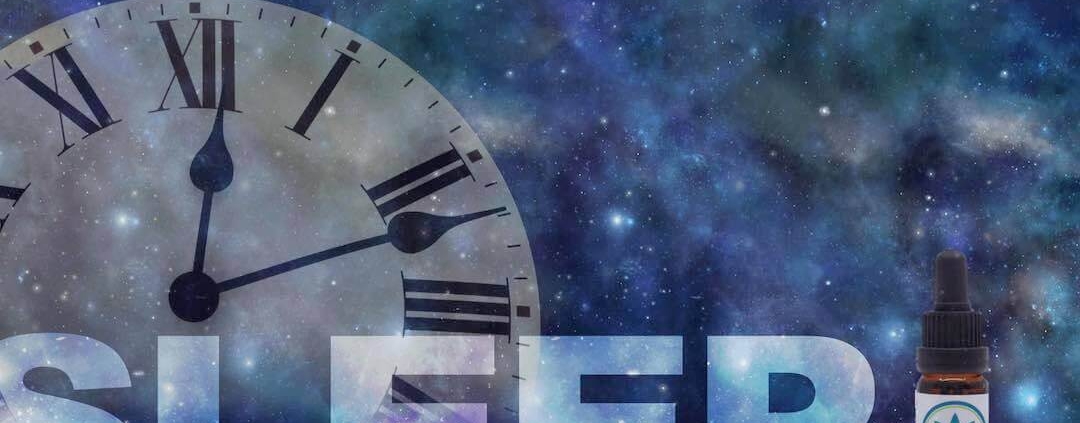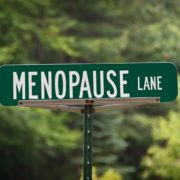What is CBN – (Cannabinol)?
What is CBN? CBN is here. If you take CBN gummies or oil drops, your sleep may be more restful because this cannabinoid is present in the hemp plant that has soothing and sleep-inducing effects. Every type of product from bath salts to fruit gummies to seltzer water to chocolate to oil drops has been introduced in the cosmetics, food and drink, and wellness industries during the past several years in the form of CBD. A new hemp-derived molecule, called cannabinol (CBN), is poised to overtake CBD in popularity due to its ability to promote restful sleep.
Table of contents
- What Is CBN – Cannabinol and Why Is It Important?
- What is a cannabinoid?
- CBD vs. CBN (cannabinol)
- CBN's Positive Effects on the Body
- The Real CBD add CBN to the Sleep Solution
What Is CBN – Cannabinol and Why Is It Important?
Hemp plants are the source of cannabinol, often known as CBN. Despite the fact that CBN and CBD are both cannabinoids found in the cannabis plant, their molecular structures are very different. Cannabis' major active element, THC (Tetrahydrocannabinol), is converted to CBN when heated and exposed to Co2 (oxygen). When it comes to cannabis-derived products, what distinguishes this one from the rest? For those who want to get a better night's sleep, CBN products are becoming increasingly popular. Relaxation is the result of using them.
CBN is an excellent sleep aid and sedative. Arthritis, Crohn's disease, and other inflammatory diseases have been proven to be helped by this cannabinoid's ability to modulate the immune system. Glaucoma patients have reported success using it to lower their intraocular eye pressure. Anticonvulsant CBN is beneficial to people with seizure disorders, including epilepsy.
It's not just about THC
There is just a grammatical distinction between the abbreviations CBD and CBN. Hemp plants contain Cannabidiol (CBD), a cannabinoid. However, CBN is formed when THC is exposed to light. Other than that, CBN's psychoactive effects aren't nearly as strong as THC's; you can expect to get a relaxing and calming effect from CBN but it won't compare to the effect you'd get from THC.
What is a cannabinoid?
If a chemical molecule can bind to the cannabinoid receptors in the body and brain and generate similar effects, it is called a cannabinoid, regardless of its structure or origin. Recreational, therapeutic, and synthetic cannabinoids are all sorts of cannabinoids that people use.
There are around 80-100 cannabinoids produced by the cannabis plant, as well as 300 or so non-cannabinoid compounds.
1 Delta-9-tetrahydrocannabinol (THC) and cannabidiol (CBD) are the two major cannabinoids (CBD). Delta-9-tetrahydrocannabinol (THC), which is responsible for the psychoactive effects of cannabis, is the most widely known of the two.
Unlike THC, which has significant psychoactive effects, CBD is hypothesized to have an anti-psychoactive impact that reduces or moderates the effects of THC on a person's mental state. CBD is also known to help alleviate some of the negative effects of THC, such as anxiety, that users may feel.
What do cannabinoids do?
Cannabinoids, like opioids, produce their effects by engaging with certain receptors that are distributed throughout the central nervous system. Cannabinoids and opioids are both known to interact with specific receptors. Put another way, cannabinoids regulate the way cells communicate – that is, the way they transmit, receive, and process messages.
CBD is a cannabinoid
Cannabidiol, or CBD, is one of the more popular cannabinoids found in the cannabis plant, along with THC. Unlike the latter, CBD does not cause the euphoric effects or “high” associated with other cannabinoids. Regulations around cannabis hindered cannabinoid research for a long time. As these laws ease, scientists have been able to discover more about these compounds.
CBD is becoming a popular alternative to help for numerous conditions.
CBN is a cannabinoid
Cannabinol, sometimes known as CBN, is a cannabinoid found in the cannabis plant. Despite the fact that it has a chemical structure that is similar to CBD, it is not derived from hemp. Instead, it is the outcome of oxidation. THC is exposed to heat and light throughout the manufacturing process, which causes it to break down and leave behind CBN
In order to avoid this, no cannabis strains have been found to have large levels of CBN.
CBD vs. CBN (cannabinol)

Each cannabinoid in the cannabis plant has its own structure and impact, and there are around 150 cannabinoids in all.
CBD is the second most abundant component in the hemp plant after terpenes. Additionally, manufacturers can cultivate specific strains of hemp to contain higher concentrations of cannabidiol.
CBN is produced as a result of processes occurring within the plant. There is no way to generate a high-CBN strain of hemp, and the amount produced is dependent on a variety of factors, including the amount of THC present in the flowers, and their exposure to other environmental factors, such as light, heat, and time.
However, there are some similarities between the two substances. Because they both interact with the body's endocannabinoid system, they have certain similarities in their applications.
For example, anecdotal evidence suggests that high-CBD hemp strains can assist to mitigate the negative effects of THC, such as anxiety and paranoia, in certain people.
It's possible that those who prefer high-CBN cannabis do so because the molecule generates a more sedate mood, which may aid them in falling asleep at night. In addition, the way they act in the body is different.
Some of the characteristics of CBN are derived from THC. In the case of THC, it works on the CB1 endocannabinoid receptors, which are responsible for the psychoactive effects associated with cannabis.
CBN binds to the CB1 receptor in the same way that THC does, although at a far lower affinity than THC. As a result, it is classified as a psychoactive substance, and some sensitive individuals may experience side effects if they consume CBN.
CBD, on the other hand, does not appear to link directly to the CB receptors and does not appear to create any euphoric or other altered sensory effects.
Your endocannabinoid system explained
Download our free infographic – Your endocannabinoid system explained
CBN's Positive Effects on the Body
Improved sleep quality, pain reduction, and anti-inflammation are just some of the benefits of CBN consumption. There's nothing like CBN when it comes to getting some shut-eye, though. When it comes to sedative effects, CBD falls short of CBN. The average customer should anticipate feeling the effects of a CBN supplement within 30 to 180 minutes of consuming it. Nobody wants to take a dose and then take a second dose because they don't experience any effects after 15 minutes. It's critical to know how these things work if you want to keep yourself healthy and safe. Do not take another dose of CBN until you have waited at least one hour after the previous one was taken.
Although CBN has been shown to improve sleep quality, additional research is needed to fully comprehend its potential.
60% of participants who took between 25 and 175 mg of CBD daily for a month reported improved sleep quality, a study conducted by Dr. Scott Shannon found in 2019.
In comparison to CBD, CBN is rarely researched. At this point, there is very little scientific evidence to support its use. CBN products are frequently advertised as sleep aids, although further study is needed to support these claims.
For example, here are some of the most common CBN applications and benefits:

CBN for Sleep
Many people claim that CBN helps them get to sleep better. However, a single study has shown that it may have sedative properties.
The combination of THC and CBN resulted in a more potent sedative effect than the use of THC alone.
Pain alleviation and CBN
Both CBD and CBN were found to be effective in reducing myofascial pain in rats, according to a study published in 2019. The combined effects of CBN and CBD were superior to either substance used alone.
CBN and CBD may be able to alleviate pain from temporomandibular disorders and fibromyalgia, according to the study.
Could CBN protect the brain?
Amyotrophic lateral sclerosis (ALS) was delayed in an older 2005 rat that received CBN (ALS). For the time being, it's unclear if people are subject to the same consequences.
The Inflammation-fighting properties of CBN
In rats, CBN has been shown to lessen inflammation associated with arthritis. In order to properly grasp the benefits of this technology, a human study is required.
IMPORTANT! Before taking CBD, CBN, or any other new supplement, you should consult with your doctor. A doctor can give you advice on how much to take at first and let you know if the product may interact with any of your other drugs. For all their potential benefits, CBD and CBN should not be used as a substitute for established therapies and treatments.
Thank you for reading “What is CBN – Cannabinol” if you would like to know more about CBN or CBD please feel free to read one of our many blogs on the subject by clicking here
The Real CBD add CBN to the Sleep Solution
We thought it to be a great opportunity to enhance our already popular Sleep Solution with some CBN.
From 1/12 2021 all our Sleep Solutions will contain 500mg CBN on top of the 500mg CBD AND the Melatonin. We just want you to have a great nights sleep!
— More from our blog —


I am a certified expert in Medicinal Cannabis. We are all about giving correct and trustworthy information. We know how important it is to learn about CBD and cannabis, which is why we want to be your go-to source for trustworthy information. We help you improve your health by using our knowledge and experience as a starting point.














Leave a Reply
Want to join the discussion?Feel free to contribute!